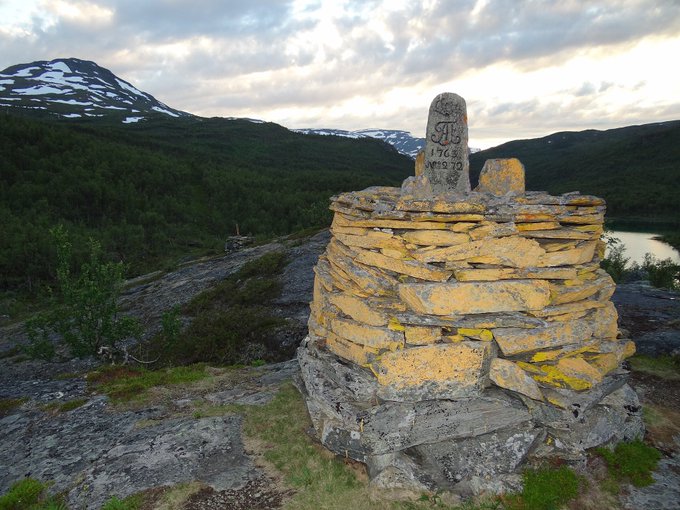
The UK Government has announced plans to take “full control” of borders unveiling an Australian-style points system to overhaul immigration law and close our borders to unskilled workers and those who can’t speak English. When we talk about taking “full control of our borders” aren’t we just allowing fear and anxiety to take control of our borders? Are we forgetting that border controls escalate and will be reciprocated? Have we given any thought to who in the end will wipe our bums? Are we not just trading hostility?
This is all part of the deceit of government.
I have been intrigued by the stories about Jacob and Laban from Genesis 29-31. Jacob is the “leg-puller”, the “supplanter”, the “deceiver”. Jacob was born pulling the leg of his older twin brother Esau, trying to stop him being the first-born. Laban is the “white man“. Laban means white.
The story of Laban and Jacob is a saga of deception – the white man deceiving the deceiver, though was Jacob the outsmarter of the two?
The two of them come to terms with each other by building a “witness heap” of stones laid by their families as a commitment to peace. It marked the first bilingual place name recorded in the Bible – Laban called it Jegar Sahadutha and Jacob called it Galeed – the translations of “witness heap” in their respective languages.
Galeed, (we would perhaps call it a cairn) stood as a landmarked prayer. It provided a boundary to their hostility, an end to it. Significantly both Jacob and Laban refuse to take control of their new border. Instead they pray: “The Lord watch between you and me”. The Lord is the one they want to control their border and to watch their limits so that they never cross for harm but only cross for peace.
I wonder when we pray, when we put or hands together, whether we are building a cairn – a knuckle-boned physical structure to mark the limits of our hostility and anxiety, to say “beyond this only peace, beyond this only love”.
Are our churches also cairn-like landscaped prayers – places to confess our hostility, to find better ways to deal with our differences and markers within our communities beyond which we commit to “go in peace”? “This heap is a witness, and this pillar is a witness, that I will not go past this heap to your side to harm you and that you will not go past this heap and pillar to my side to harm me.” (Genesis 31:51f)
Borders are worse for our control when our export is fear. The boundaries of our Brexit mindset become brickset – walls built against others deconstructing differences, obstructing relationships, restricting trade and exchange.
Where are we building our witness heaps and our places of commitment? How are we replacing walls with cairns? How do we lament our nationalism?
Genesis 31:44-54
Come now, let us make a covenant, you and I; and let it be a witness between you and me.’ 45So Jacob took a stone, and set it up as a pillar. 46And Jacob said to his kinsfolk, ‘Gather stones,’ and they took stones, and made a heap; and they ate there by the heap. 47Laban called it Jegar-sahadutha:* but Jacob called it Galeed.* 48Laban said, ‘This heap is a witness between you and me today.’ Therefore he called it Galeed, 49and the pillar* Mizpah,* for he said, ‘The Lord watch between you and me, when we are absent one from the other. 50If you ill-treat my daughters, or if you take wives in addition to my daughters, though no one else is with us, remember that God is witness between you and me.’
51 Then Laban said to Jacob, ‘See this heap and see the pillar, which I have set between you and me. 52This heap is a witness, and the pillar is a witness, that I will not pass beyond this heap to you, and you will not pass beyond this heap and this pillar to me, for harm. 53May the God of Abraham and the God of Nahor’—the God of their father—‘judge between us.’ So Jacob swore by the Fear* of his father Isaac, 54and Jacob offered a sacrifice on the height and called his kinsfolk to eat bread; and they ate bread and tarried all night in the hill country.